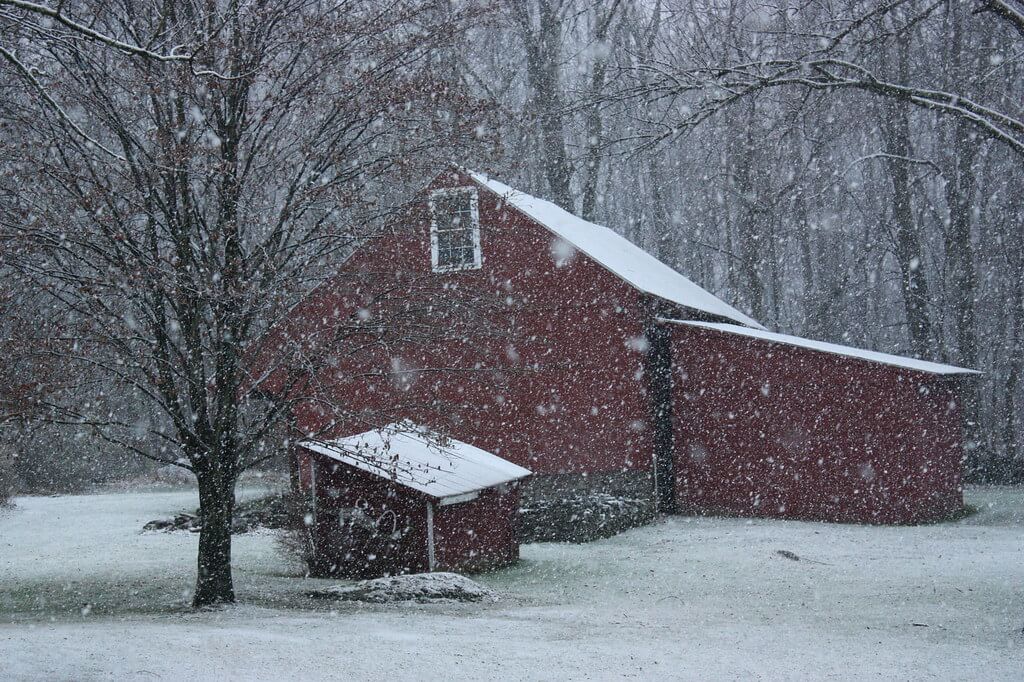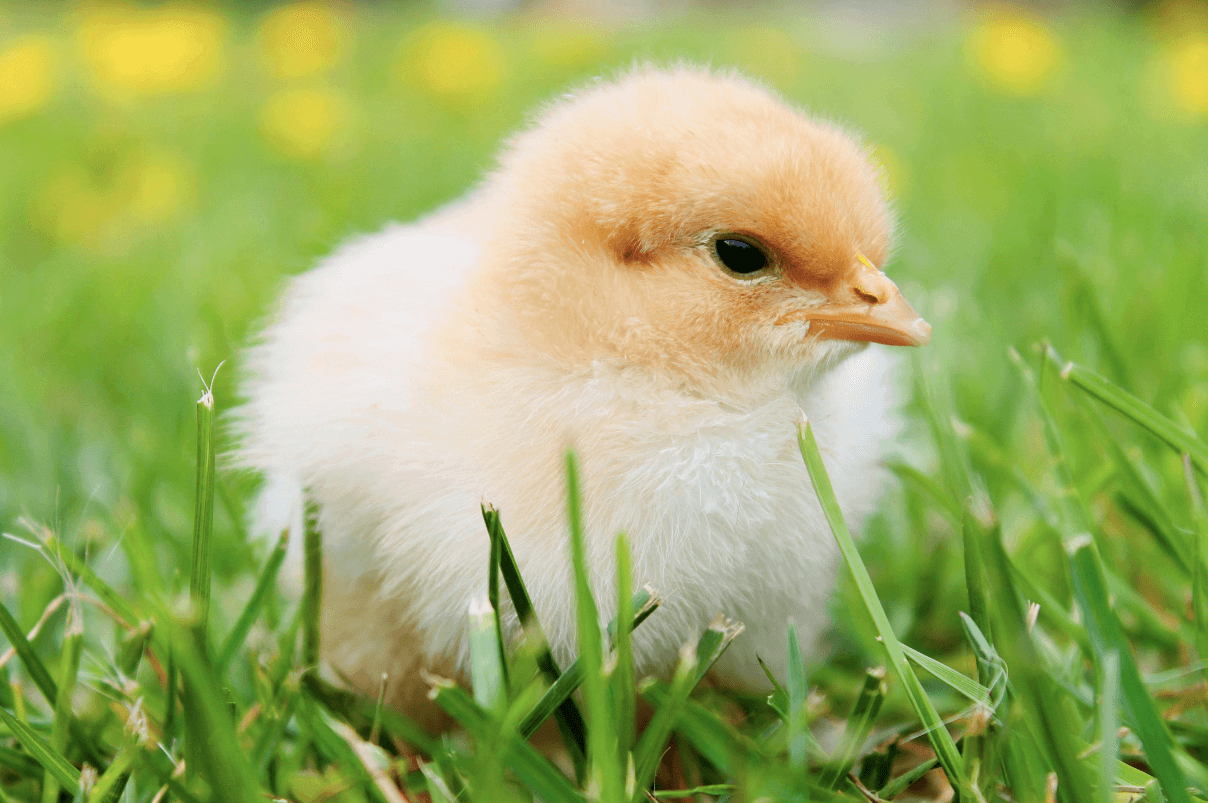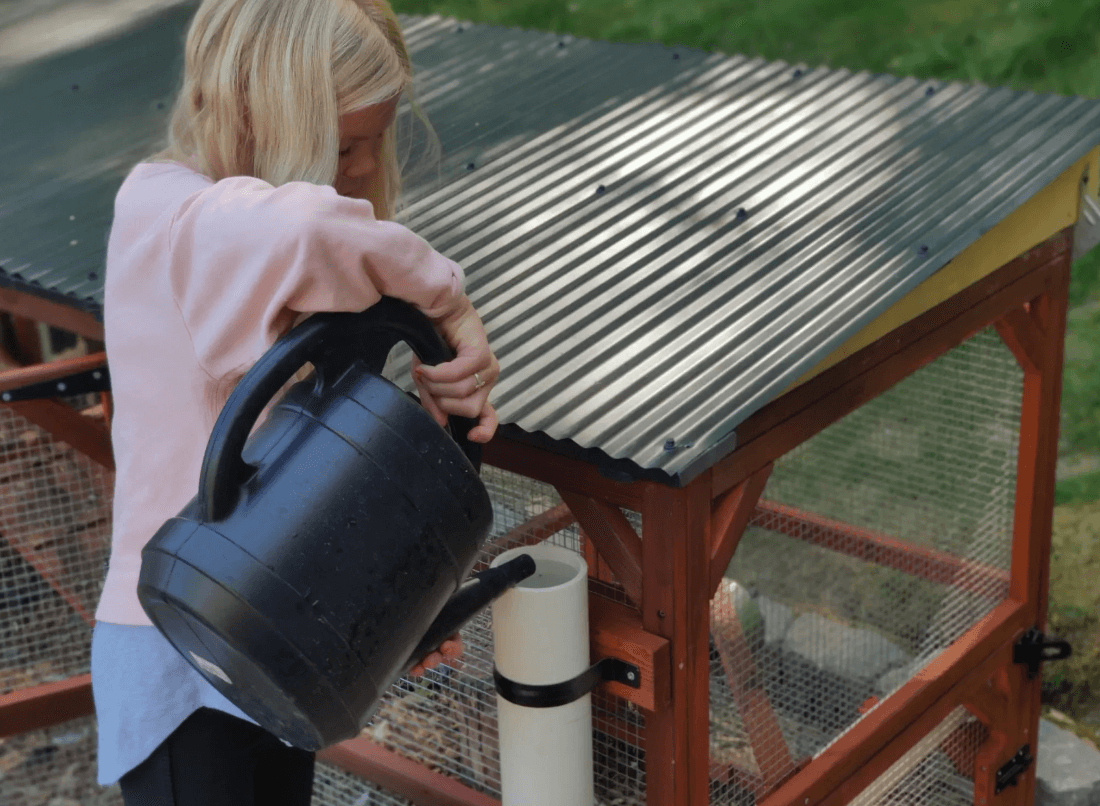Having an efficient chicken coop waterer is one of the best ways to ensure the health and productivity of your flock. As any seasoned chicken keeper knows, water plays a vital role in your birds’ lives, impacting everything from egg production to overall well-being.
In this guide, we dive into the intricacies of chicken coop waterers, offering our insights into selecting the right one and maintaining it for optimal performance. It’s not just about providing a basic water source, but understanding the specific needs of your feathered friends.
So, are you ready to learn more? Let’s get straight to creating a water supply system that ensures happy, healthy, and hydrated hens.
1. Choose a Waterer Made of Durable Materials
Be sure to buy a chicken coop waterer constructed from durable materials to help ensure the longevity and effectiveness of your watering system.
Waterers are commonly made from the following materials:
Only opt for waterers made from high-quality materials such as UV-resistant plastics, galvanized steel, or stainless steel. These options are robust while being resistant to corrosion, ensuring a longer lifespan for your product.
Avoid waterers made from thin plastics that are prone to cracking, warping, or deteriorating under prolonged exposure to sunlight and environmental elements. These materials may also pose a risk of leaching harmful chemicals into the water, jeopardizing the health of your birds.
Take your local climate into consideration to ensure the waterer you choose can withstand various weather conditions. UV-resistant materials are crucial for outdoor setups to protect the waterer from the harmful effects of prolonged sun exposure.
2. Make Sure It’s Easy to Clean
Maintaining a clean water supply is key to keeping your chickens healthy. Choosing a waterer that’s easy to scrub both ensures the lifespan of your equipment and helps prevent the spread of diseases within your flock.
Look for a waterer that has smooth surfaces and few crevices. This design makes cleaning a breeze, as it reduces the likelihood of dirt, debris, and bacteria accumulating in hard-to-reach places.
Also, look for a product that can be dismantled easily. This feature allows for a more thorough cleaning process, ensuring that all parts, including valves and nozzles, are accessible and can be sanitized effectively.
Regular dismantling and cleaning prevents the buildup of contaminants, like algae, bacteria, or mold, that could compromise your chickens’ water quality.
Waterers made from non-porous materials, like stainless steel and ceramics, are less likely to absorb odors and residues, making them easier to clean. Non-porous surfaces also discourage the growth of bacteria, ensuring your birds have access to consistently fresh water.
Ensure you establish a routine for cleaning your waterer. Depending on usage and environmental conditions, it may be necessary for you to scrub it up to twice per week.Some PVC and stainless steel waterers where the water is only accessible via nipples may rarely need to be cleaned. This is a huge benefit as no one likes to spend more time cleaning in life.
Some waterers come with dishwasher-safe components to simplify clean ups. Check the manufacturer’s guidelines to determine which parts can be safely cleaned in your machine.
3. Ensure Your Chickens Can Access It Comfortably
Another crucial aspect of keeping a well-hydrated flock is to ensure they can easily access their water.
Take the height of your waterer into account, along with the size of your chickens. You should position it where it allows easy access for all members of the flock, including chicks and full-grown birds. Aim for your waterer to be as high as your shortest bird’s shoulders.
Different chicken breeds may also have varying beak shapes, so ensure you choose a waterer that accommodates their specific characteristics. Birds with larger combs or beaks may benefit from a system that has wider, deeper access points.
Also opt for a spill-proof design to minimize water wastage and keep your coop bedding dry. This feature is especially important in colder climates to prevent freezing. Look for waterers that have anti-drip valves, nipples or cups that release water only when pecked.Cups are not as good for very cold climates as the left over water will freeze in the cup.
Place your watering system strategically within your coop to encourage regular hydration. Avoid putting it near your nesting boxes or other areas where droppings are likely to accumulate. A central location promotes equal access for all chickens.
If you have a larger flock, consider using waterers with several access points. This prevents overcrowding and allows more chickens to drink simultaneously, reducing competition and stress among the birds.
Our chicken coop waterer, which is available in two sizes, comes with multiple nipples to facilitate this.
The no-waste, dip-free, freeze-proof nipples allow three chickens to drink at once, while being durable and made to last. The waterer also holds enough liquid to eliminate daily filling, providing clean water storage for up to a week.
4. Monitor the Water Quality
Maintaining the quality of the liquid in your watering system is essential for the health and productivity of your flock. Regular monitoring ensures that your birds have access to clean, uncontaminated water.
Conduct daily visual inspections of your waterer. Look for any signs of discoloration, debris, or unusual floating particles. Cloudy water may indicate contamination or the presence of impurities.
Algae growth in chicken coop waterers is common, especially in outdoor systems that are exposed to sunlight. Algae not only affects water quality but can also clog dispensing mechanisms.
Scrub and disinfect your waterer regularly to inhibit the growth of these organisms and maintain water clarity.
Periodically inspect all components of your waterer for wear and tear. Check for any cracks, leaks, or malfunctioning parts that could compromise the water quality. Ensure to replace or repair damaged parts to ensure a reliable water supply.
It’s also useful to pay attention to your birds’ behavior around their waterer. Should you notice a sudden decline in consumption, lethargy, or changes in egg production, it may signal a water quality issue.
Use a testing kit to detect specific contaminants and ensure a thorough assessment of your water quality.
Prompt action will help prevent any potential health issues among your flock and ensure that they continue to thrive.
5. Take Precautions During Winter
Winter poses unique challenges for maintaining a reliable water supply in your chicken coop, and there are a few precautions to take during the colder months.
Invest in heated waterers that are designed to prevent the liquid from freezing in low temperatures. These specialized systems often feature built-in heating elements to ensure your birds have access to water even in freezing conditions.
Place your waterers in areas that are protected from wind and direct exposure to the elements. This helps to minimize heat loss and reduce the likelihood of the water freezing. You could also consider using a windbreak to shield your system from harsh winter winds.
Even when taking precautions against the cold, you should regularly check your waterers for signs of freezing. Inspect both the water container and dispensing mechanisms and break any ice on surfaces to ensure your chickens can access water at all times.
It might also be helpful to offer your birds warm drinking water during extremely cold periods. This keeps them hydrated and provides a source of heat. Replace the water as needed to prevent it from cooling and freezing quickly.
In winter, chickens may consume more water than usual due to increased energy requirements for keeping themselves warm. Use larger systems or increase the number of waterers available to accommodate this higher demand during cold weather.
Also ensure that your coop is well-insulated and filled with enough bedding. Taking this step helps to retain heat, making it easier to maintain a more favorable temperature for your birds and their water supply.
Elevate Your Coop With Our Waterer Wisdom
Choosing the correct waterer is an important element in creating an easy to manage and safe chicken coop. A well-designed system minimizes the risk of contamination, encourages regular hydration, and reduces the time and effort required for maintenance.
Use our waterer wisdom to transform your poultry care routine into a seamless and efficient experience that enhances the well-being of your flock. Your chickens will thank you with each healthy sip!





